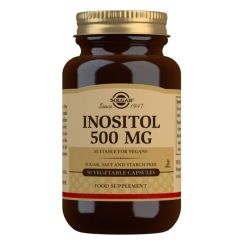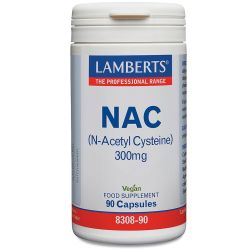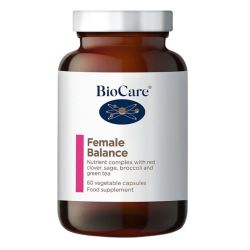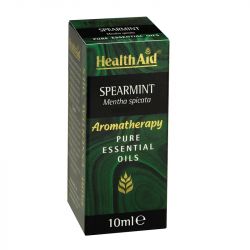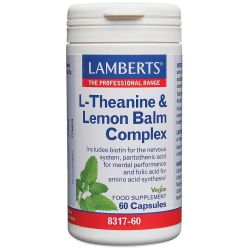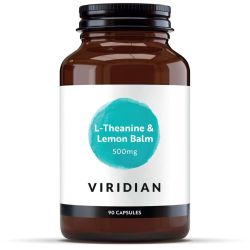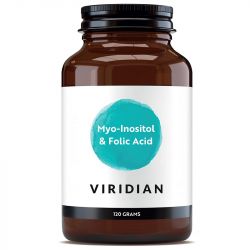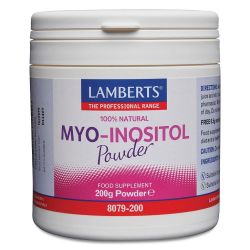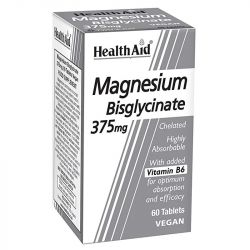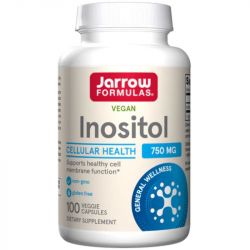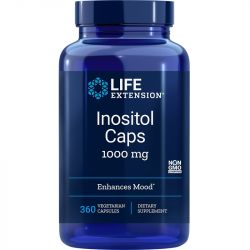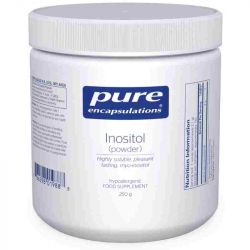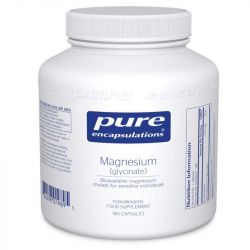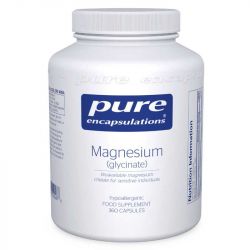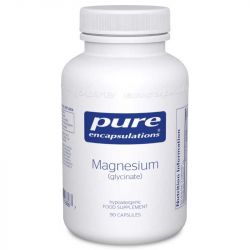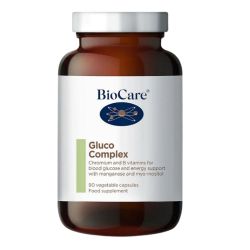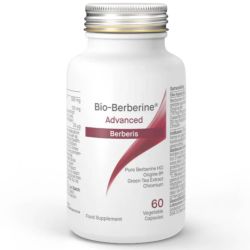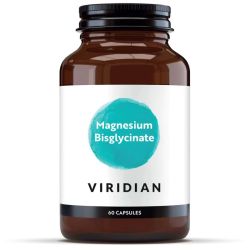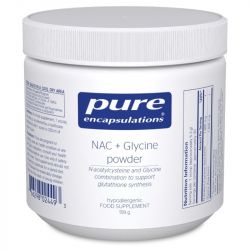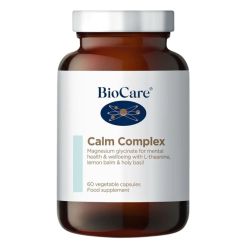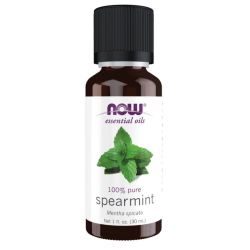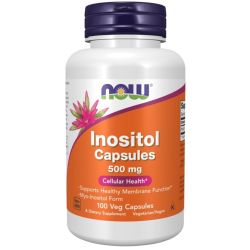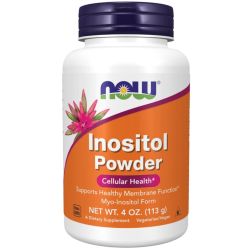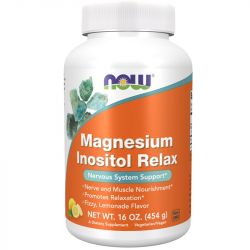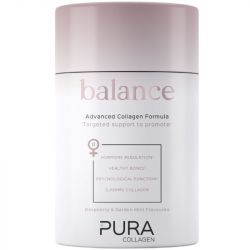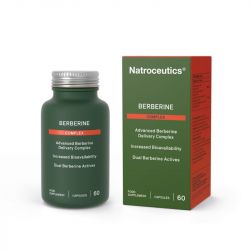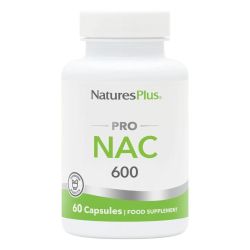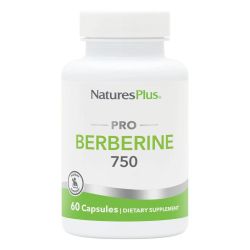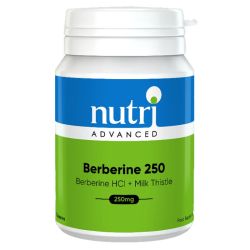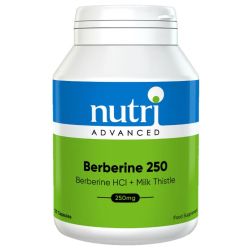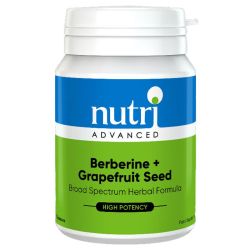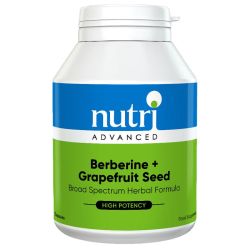PCOS Supplements
Polycystic Ovary Syndrome (PCOS) is a common hormonal disorder affecting people with ovaries, characterised by irregular menstrual cycles, excessive androgen levels, and polycystic ovaries.
It can lead to a variety of symptoms, including weight gain, acne, and infertility. The exact cause of PCOS remains unclear, but factors such as genetics, insulin resistance, and inflammation are believed to play a role.
Effective management of PCOS often involves lifestyle changes, such as a healthy diet and regular exercise, along with supplementation and/or medical treatments to address symptoms.
- Pura Collagen balance Advanced Female Health Formula Raspberry & Garden Mint 224gSpecial Price £31.99 Regular Price £39.99
All you need to know about PCOS
Which is better for PCOS, Berberine or Inositol?
Both berberine and inositol are beneficial for managing PCOS, but they work in different ways. Inositol is often recommended for improving insulin resistance and fertility, while berberine is known for its ability to lower blood sugar levels and improve metabolic health. The choice between them should be based on specific symptoms and health goals, read: Berberine Vs. Inositol for PCOS
What is the difference between inositol and myo-inositol?
Inositol is a type of sugar alcohol that comes in several forms or isomers, including myo-inositol and d-chiro-inositol. Myo-inositol is the most commonly studied and used form for health benefits, particularly for managing PCOS. It plays a key role in improving insulin sensitivity, regulating hormones, and supporting ovarian function. While inositol refers to the entire group of isomers, myo-inositol specifically is often used in higher doses for its targeted effects in conditions like PCOS.
What are the best vitamins for PCOS?
The best vitamins for managing PCOS symptoms include vitamin D, B vitamins (especially B12 and folate), and vitamin E. Vitamin D helps improve insulin sensitivity and supports hormonal balance. B vitamins, such as B12 and folate, are important for energy production and managing symptoms like fatigue. Vitamin E has antioxidant properties that can reduce inflammation and support skin health, which is often a concern for those with PCOS.
What is the best magnesium for PCOS?
The best form of magnesium for PCOS is magnesium glycinate because it is highly absorbable and gentle on the stomach. It helps alleviate symptoms like fatigue, cramps, and muscle tension, which are common in women with PCOS. Magnesium glycinate also supports healthy blood sugar levels and may aid in reducing stress, contributing to overall hormonal balance.
What are the best supplements for PCOS?
The best supplements for managing PCOS symptoms include inositol, berberine, NAC, magnesium glycinate, and L-theanine. Inositol, particularly myo-inositol, helps regulate insulin levels and hormonal balance. Berberine supports metabolic health and can improve insulin sensitivity. NAC (N-acetylcysteine) assists with reducing oxidative stress and improving ovulatory function. Magnesium glycinate helps alleviate symptoms like fatigue and cramps, while L-theanine can reduce stress, which is important for managing PCOS-related anxiety.
What does a PCOS belly look like?
A PCOS belly often appears as a bloated or rounded abdomen, which may feel particularly swollen or tender. Women with PCOS may experience weight gain around the midsection, especially due to insulin resistance and hormonal imbalances. This can result in a larger, more pronounced belly, sometimes referred to as "PCOS belly," which can be more noticeable in some women than others. Additionally, the accumulation of fat in the abdominal area may be accompanied by other symptoms such as acne, excessive hair growth, and irregular periods.
what is the best supplement for pcos weight loss?
The best supplements for PCOS weight loss include inositol, particularly myo-inositol, and berberine. Myo-inositol helps improve insulin sensitivity, which can reduce fat storage and support weight management. Berberine has been shown to regulate blood sugar levels and improve metabolic function, making it effective for weight loss in women with PCOS. Additionally, magnesium glycinate can help manage stress and reduce symptoms like fatigue, which can support overall weight loss efforts.

